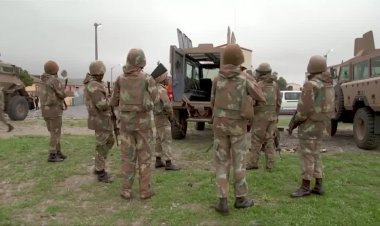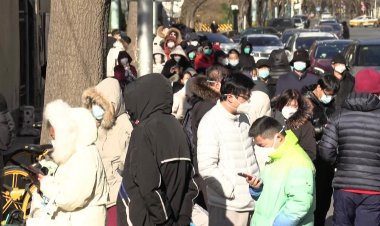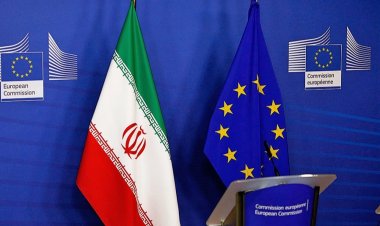Chinese toy firm hit hard by U.S. tariffs

Kwan S. Cheung, a Chinese immigrant, founded his first toy factory in southern China about 35 years ago, establishing the Huntar Company Inc. with his two sons. The business thrived by exporting toys to major U.S. retailers like Walmart and Target, benefiting from low labor costs as China's economy opened up in 1978. However, by April 2025, the Cheung family's business faced a severe crisis due to new tariffs imposed by U.S. President Donald Trump, which escalated to 145% on Chinese imports.
As the trade war intensified, orders for their toys vanished overnight, forcing brothers David and Jason Cheung to make drastic cuts, including halving their workforce of 400 employees. David expressed the existential threat to their company, stating, "We might not exist." The remaining staff, like assembly line worker Zuo Yinhua, voiced concerns over job security after many colleagues were laid off, emphasizing the emotional toll of the situation.
Huntar's challenges reflect a broader crisis for many factories in China amid the trade conflict. While the company is often viewed as a "bogeyman" taking American jobs, it also employs 15 people in California, who would be affected if the business fails. In California, CEO Jason Cheung is assessing the impact of $750,000 in canceled orders and exploring options to mitigate the tariffs. However, relocating production to countries like Vietnam is complicated by uncertainty regarding future tariffs, and moving operations to the U.S. is not feasible due to high labor costs.
Jason expressed frustration over the unpredictable environment, stating, "I don't know what will happen tomorrow," as he navigates the challenges facing their family business. The Cheungs' story highlights the personal and economic ramifications of the ongoing trade war between the U.S. and China.















